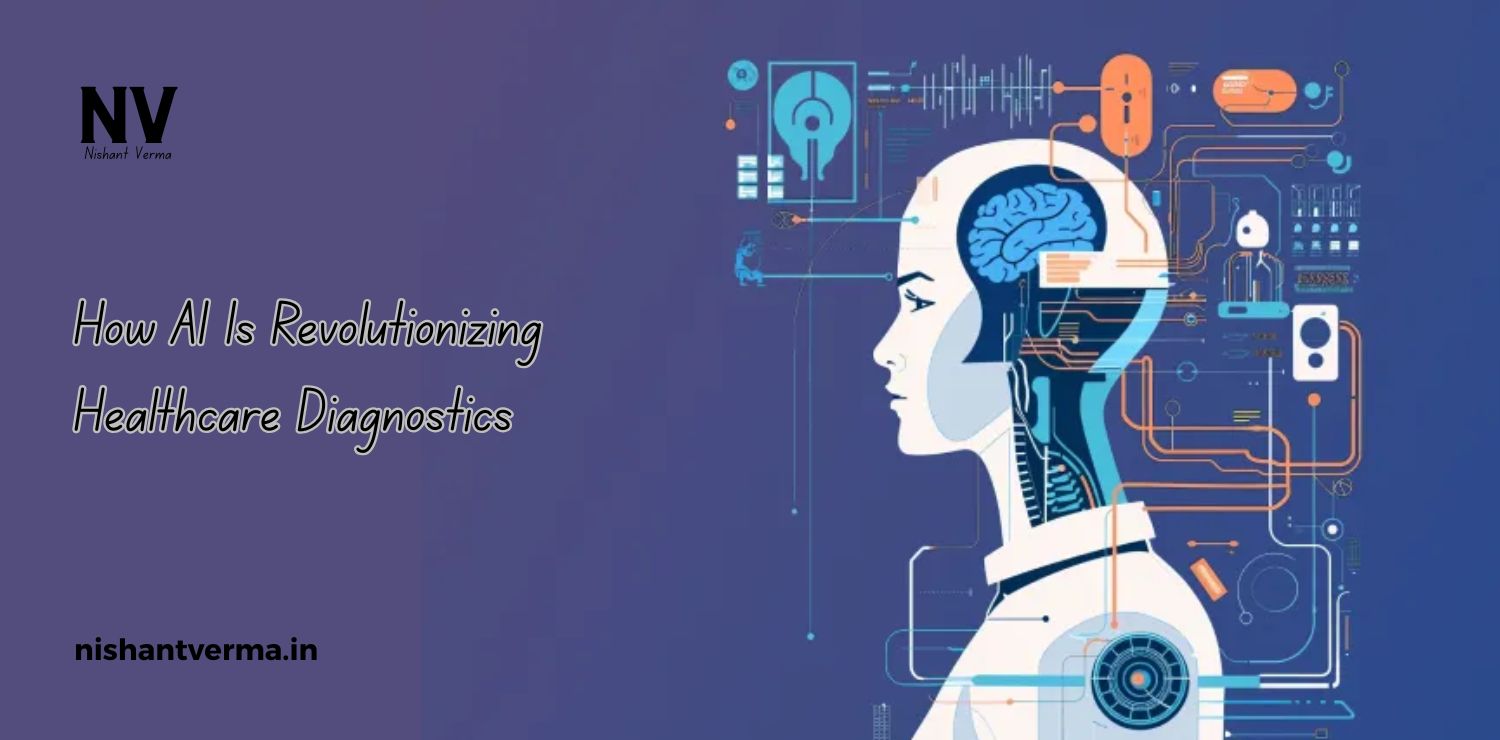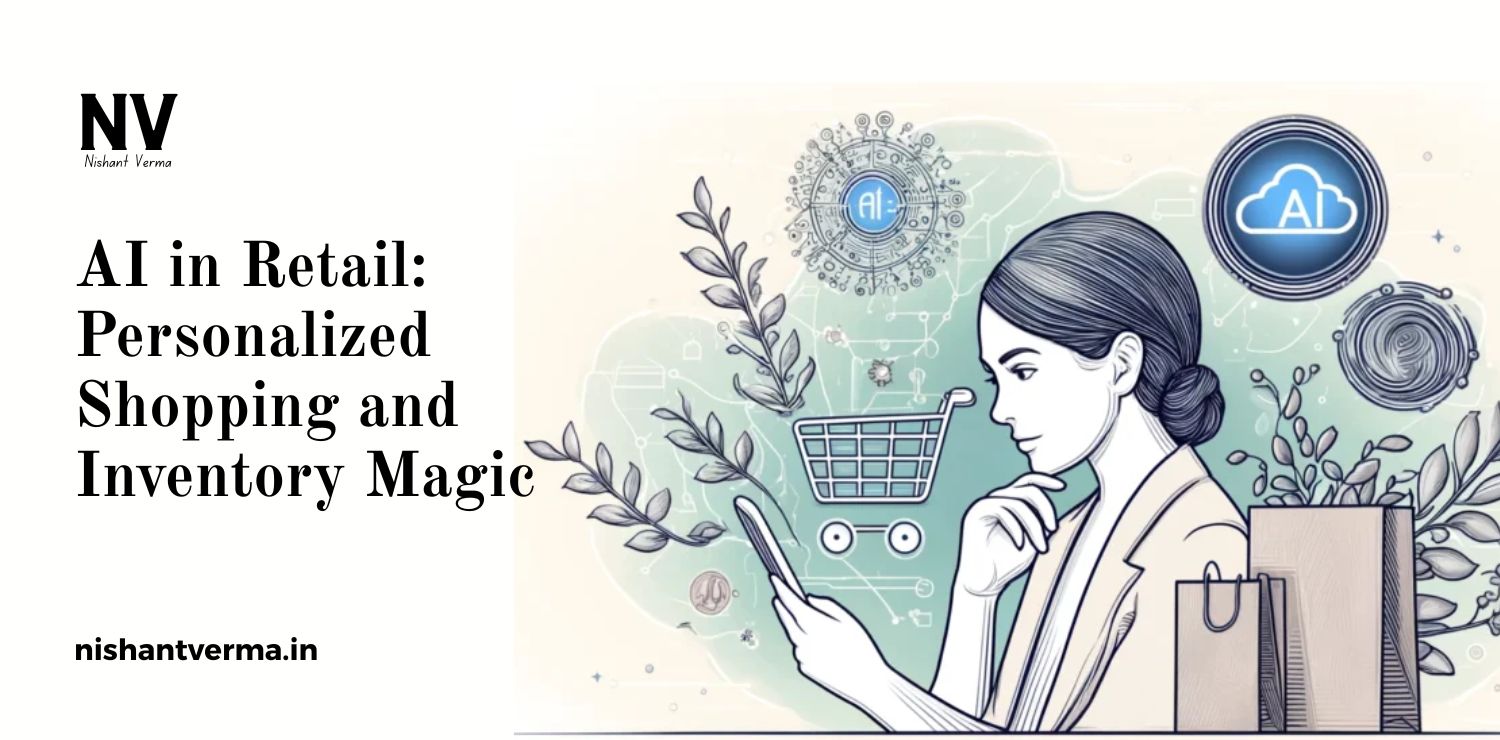Artificial Intelligence (AI) has already started transforming many industries, and finance is one of the most affected. In India, where digital adoption is growing rapidly and fintech is booming, AI is playing a bigger role than ever before. From helping banks detect fraud to advising people on investments, AI is becoming a valuable tool. But with great power comes great responsibility. The big question is—Is AI in finance more of a risk or a reward?
Let’s take a deeper look at how AI is being used in the financial world in India, what benefits it offers, what risks it carries, and how we can balance both sides.

How AI is changing the face of finance in India
AI is being used across many areas in the financial sector. You might have seen chatbots on banking apps, or received personalized investment advice on mobile platforms like Zerodha or Groww. All of this is powered by AI.
Banks like HDFC, SBI, and ICICI are using AI to analyze customer behavior, process loan applications, and even detect suspicious activity. Insurance companies are using AI to settle claims faster. Credit scoring, customer service, fraud detection, and investment planning are just a few examples of where AI is stepping in.
AI works by using large amounts of data to find patterns and make predictions. In finance, there is no shortage of data. Every time we make a transaction, apply for a loan, or open an account, we generate data that can be used by AI to make decisions or recommendations.
Benefits of AI in the financial sector
AI brings many rewards to the financial world. Here are some of the key benefits, especially for the Indian financial system:
- Faster services: AI can process information much faster than humans. Loan approvals, KYC verification, or fraud detection can be done within minutes, improving customer satisfaction.
- Better customer experience: With AI-powered chatbots, people can get their queries answered any time of the day. This is especially useful in a country like India, where people come from different regions and may have different language preferences. AI tools are now capable of understanding multiple Indian languages.
- Financial inclusion: AI is helping bring financial services to people in remote areas. For example, AI-based credit scoring helps banks offer loans to people without a traditional credit history by using alternative data like mobile usage or payment history.
- Investment advice: Robo-advisors are helping people invest their money wisely based on their financial goals, income, and risk level. Platforms like Paytm Money, Groww, and Zerodha use AI to provide customized advice and suggestions.
- Fraud detection: AI can analyze thousands of transactions in seconds and identify unusual patterns, helping banks prevent fraud before it happens.
Risks and challenges of using AI in finance
While the benefits are impressive, there are also some serious concerns with using AI in finance. These risks cannot be ignored, especially when money and sensitive data are involved.
- Data privacy: AI needs data to work. But how that data is collected, stored, and used raises privacy questions. What if your personal financial data gets misused or leaked?
- Bias in algorithms: If the data fed to AI systems is biased or incomplete, it can lead to unfair outcomes. For example, an AI tool might reject a loan application because it has learned to favor urban customers over rural ones.
- Job loss: With AI doing the work of humans, many worry about job losses in the banking and finance sector. Clerks, analysts, and customer support agents may find fewer opportunities in the future.
- Over-reliance on machines: AI is fast and efficient, but it can make mistakes too. If banks rely too much on AI decisions without human checks, it could lead to serious errors, especially in areas like credit approval or fraud detection.
- Lack of transparency: AI works in complex ways that are often difficult for humans to understand. If a person’s loan is rejected by an AI system, they might not get a clear explanation why.

What India is doing to balance AI’s risks and rewards
India is taking several steps to manage the risks of AI while promoting its use in finance. The Reserve Bank of India (RBI) and SEBI are exploring guidelines to ensure ethical use of AI in the financial sector.
There is also increasing focus on data protection. The Digital Personal Data Protection Act, 2023 is aimed at giving people more control over their personal data. If implemented well, it will ensure that financial institutions using AI respect the privacy of users.
At the same time, the government and private players are investing in AI research and startups. Initiatives like Digital India and IndiaStack are encouraging innovation in digital finance using AI technologies.
How common people can benefit safely from AI in finance
AI can be a big help in managing your personal finances, but it’s important to use it wisely. Here are a few tips for Indian consumers:
- Always read the privacy policy of apps and platforms where you enter your financial data.
- Use well-known and trusted platforms for investing or banking.
- Don’t blindly follow robo-advice. Understand your financial goals and do your own research.
- Be aware of frauds or fake AI apps. If something looks too good to be true, it probably is.
- Ask questions. If an AI-based decision affects you (like a rejected loan), ask the provider for a human review.

The road ahead: A balanced future with AI
AI is here to stay and will only grow in importance in the financial world. For India, which has a young population and fast-growing digital infrastructure, this can be a big opportunity. It can help solve problems like low financial literacy, limited banking access, and inefficient services.
But for this to work, both the government and financial institutions must act responsibly. They need to build AI systems that are fair, transparent, and secure. At the same time, people need to be educated about how AI works and how they can protect their own data.
In the end, whether AI in finance becomes a risk or a reward depends on how we choose to use it. If done right, it can make financial services faster, safer, and more inclusive for every Indian.




